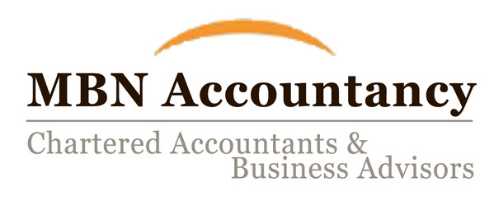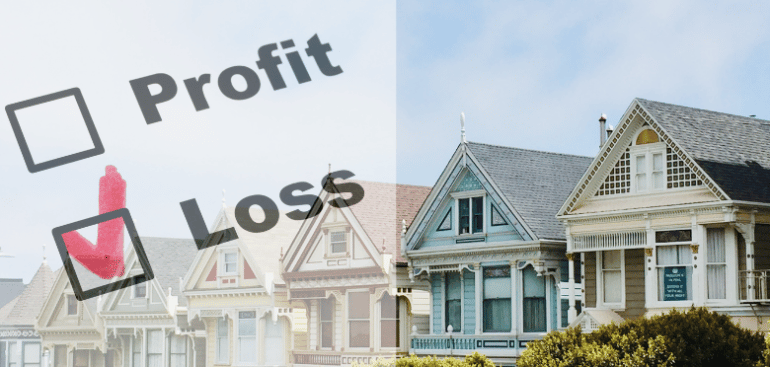When letting property, the aim is to make a profit. However, as recent years have shown, life is unpredictable, and things do not always work out as planned. Where property losses are made, it may be possible to obtain tax relief for those losses.
General rule for property losses
The general rule for property losses incurred in a rental business is that they can only be carried forward and set against future profits from the same property rental business.
Loss relief is only available if the business is run on a commercial basis.
Calculating the loss
As with profits, the loss for a property rental business or for a furnished holiday business is calculated for the business as a whole, rather for each individual property. The effect of this is that a loss on one property is automatically set against the profits from other properties within the same property rental business. A loss only arises if there is a loss for the property rental business as a whole.
Example 1
Evan runs a property rental business comprising three properties. For the tax year in question he incurs the following income and expenses in relation to each of the properties, plus general expenses of £3,200.
| Property | Rental Income | Expenses | Profit/(loss) |
| 1 | £10,000 | £1,000 | £9,000 |
| 2 | £2,000 | £4,000 | (£2,000) |
| 3 | £12,000 | £2,100 | £9,900 |
| General expenses | £3,200 | (£3,200) | |
| Total | £24,000 | £10,300 | £13,700 |
Although he makes a loss on property 2, this is automatically relieved in calculating the profits of the business as a whole, Evan is taxed on the overall profits of £13,700.
Same business
Property losses can only be relieved against profits from the same business.
It is important to note that a UK property business and an overseas property business are treated as different property businesses, and losses from one cannot be set against profits from another. Likewise, losses from furnished holiday lettings can only be set against profits of the same furnished holiday letting.
Example 2
Freddie runs a furnished holiday letting business. He made a loss in 2020/21 of £12,000. In 2021/22, he made a profit of £30,000. The 2021/22 loss is carried forward and set against the profit of £30,000 for 2021/22, reducing the taxable profit to £18,000.
However, if one business ceases and a new one is commenced, any loss from the old business cannot be set against profits of the new business. If there is a gap it will be a question of fact whether the business has ceased. For example, where there was a gap in holiday lettings during the Covid-19 pandemic, a holiday letting business would not be treated as having ceased if the properties continued to be let as furnished holiday lettings once restrictions had been lifted. Any pre-pandemic losses could be set against post-pandemic profits.
Example 3
Grace had a holiday let. She sold the property in June 2021. She had unused losses of £12,000. In October 2021 she purchased a buy to let property, making a profit of £4,000 in 2021/22. She cannot use the losses from the holiday let business against the profits from the buy-to-let.
Losses related to capital allowances
Special rules apply to losses that relate to capital allowances. Where these arise, these can be set against general income of the year in which the loss arises. Claims must be made by the first anniversary of 31 January following the end of the tax year in which the loss arose (so by 31 January 2024 for a 2021/22 loss).
Capital losses
A capital loss on the sale of the property is automatically set against any capital gains of the same tax year, of whatever type. Where the loss is not relieved in this way, it is carried forward under the capital gains tax rules for relief against future capital gains. Relief for capital losses in relation to properties is not restricted to property gains as for income tax losses.
For help with property losses please contact us on 02030042780

